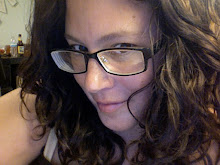


John Ruskin is widely acknowledged to be the father of art criticism. And though he wrote in a time, and of place in a manner that largely reflected a concern for the aesthetic nature of an item (be it building or painting) it was his writings that largely are said to have brought art appreciation (or theories of it anyway) to the masses.
Later in life, he suffered from mental disease that rendered his writings more and more incomprehensible, and was also in love with a girl (Rose LaTouche) many years his junior. Famously his first marriage (before he met Rose) was annulled because of his impotence. Ever since, the rumor has been that because his nude wife did not bear a hairless resemblance to the Greek and Roman nudes he’d studied, he could not perform.
However, his dictum, “that art was essentially concerned to communicate an understanding of nature, and that authentic artists should reject inherited conventions in order to appreciate and study effects of form and colour by direct observation,” is still felt today. He said, “go to nature in all singleness of heart, rejecting nothing and selecting nothing.”
I mention him here and now because he was recently name-checked in an article that wittily decries the overburdensome texts accompanying this year’s Whitney Biennial.
Culling other writers' quotes, Eric Gibson waxes rather poetic about the mind-numbing, circular gibberish that accompanied this year’s show. Though I know that I've gone on about the dangers of artspeak before, Gibson does a really wonderful job of illustrating why it is so dully dangerous.

No comments:
Post a Comment